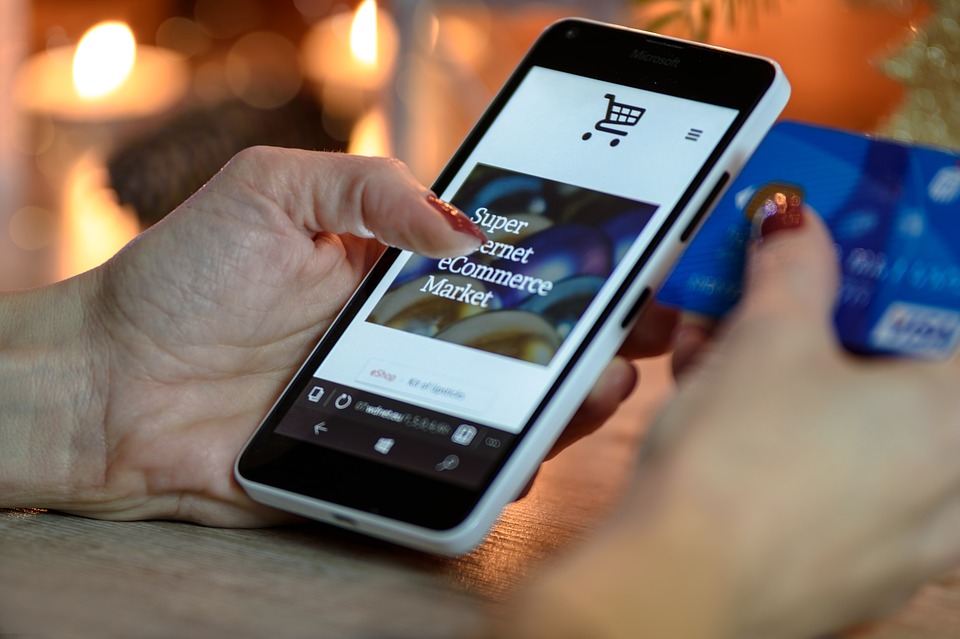As a small business owner who relies heavily on social media for marketing, this blog post comes from first-hand experience.
Small businesses already have a hard time competing in the same space (the Internet) as large companies in the same industry. Large companies have large marketing budgets. I just came from a company with such a budget, and let me tell ya, they use every penny of it. The amount of money spent on Google, social, and Amazon-sponsored ads is BIG, and it provides a good ROI (You definitely need to pay attention to ACoS, though. See bottom of this post.).
The small business owner has nowhere near the budget their corporate competitors do, but they still have to compete for attention in the same space. Bigger companies can increase their market share with a quantity approach, meaning, they spend a lot of money on a lot of ads. This, logically, generates a lot of inbound leads. Small businesses, on the other hand, and their small budgets, have to spend more time cultivating relationships with potential customers because business is so often based on trust. Big companies can afford to lose a few customers to a bad experience or a defective product. Small businesses cannot absorb those loses, so the relationship they have with their customers and their business community relies heavily on trustworthiness. One of the ways businesses market their trustworthiness is through Branding.
Branding is a word that many folks equate with big corporations. But branding is very important for the small business owner’s efforts to build a trustworthy relationship with their customers and the market they compete in. Typically, branding takes a lot of cash and energy, thus putting the small business at a disadvantage. In an effort to create a more equitable marketplace, where small and big businesses can exist simultaneously, perhaps you and I can replace “cash and energy” with “support” – as in the digital kind.
Personally, I Like, Share, and Comment on as many of my friends’ business media posts as I can, because that small act of support can make a big difference in helping their marketing dollars gain some ground on the corporate giants they compete with.
If you are tired of your world being run by big business or political nepotism, take note that you have the power to change that by supporting small businesses. And just because they’re small doesn’t mean these businesses provide lower quality goods and services. On the contrary, their smaller size often means you get a higher quality product or experience.
Now, I’m not saying that you have to *promote* a friend’s business, necessarily. We’re not on social media to serve as an advertising arm for everyone’s “next great idea” (been there, done that – several times), but if we make a conscious decision to curate and share quality content generated by our fellow small business owners, we CAN make a difference for them. And them for us!
We are connected in this virtual space for different reasons. If you don’t wish to remain genuinely connected, go ahead unfollow or unfriend anyone who doesn’t suit your fancy. You won’t be doing them any harm if you’re not genuinely interested in what they have to offer. On the other hand, if your news feed is full of content that makes you think, smile, or feel something, let it be known!! -HgH
ACoS measures the ratio of ad cost to sales revenue — or how much your business spent on advertising, compared to how much it earned from advertising. You can calculate Advertising Cost of Sale with the following formula: Ad spend / Ad revenue * 100.
Example:
$500 / $2500 x 100 = $20 – In this example, it cost you $20 to earn $2500

